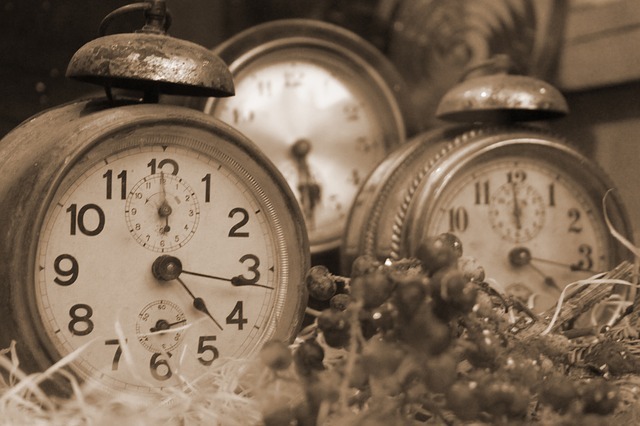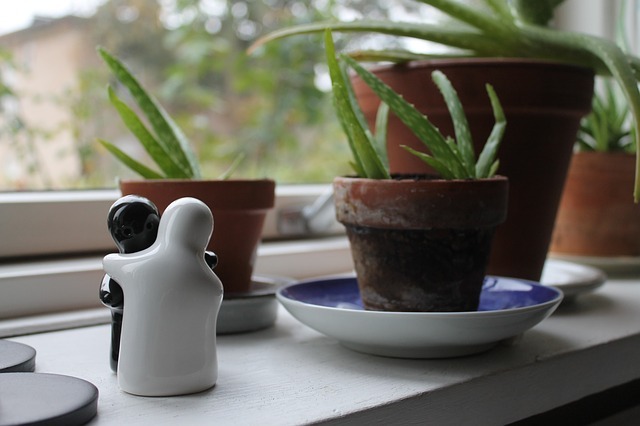Falling asleep is not always easy. Laying awake, waiting for the sleep to come can sometimes take quite a while. This is frustrating. On the flip side falling asleep easily and consistently is not only healthy, but very satisfying. Waking up refreshed and energized will undoubtedly result in a much better day than if it took forever to fall asleep, reducing your shut eye time. Fortunately there are ways to improve your quality of sleep and how easily you fall asleep. Getting in the right habits can drastically change your sleep, and your life. Start using these 23 tips to help you sleep today.
1. Pick the right pillow for your sleeping position
Everyone has their own sleeping style. Whether you sleep in the fetal position, on your back or on your stomach, what you might not realize is that there are certain pillows for each position. To get the best possible sleep, your spine should be rested in a neutrally aligned position. While the best pillows are able do this for any sleep position, most are not.
2. Stick to a regular sleeping schedule

A reliable technique to use for getting the best sleep is to stick to a regular sleep routine. This is because of the circadian rhythm our body responds to. If your body becomes used to a regular sleep time and wake time, you will not only find it much easier to fall asleep, but also wake up feeling more refreshed and energized each morning.
3. Use natural aromas to your advantage
You are probably aware that certain aromas stimulate different reactions from your mind and body. Use this to your advantage by using relaxing and soothing aromas to create a sleep inducing environment. Lavender and chamomile have a particularly relaxing effect. Use an essential oil diffuse to get the most out of their fragrance.
4. Keep a notepad on your bedside table

If you’re anything like me you’ll have a ton of ideas come to you as soon as you lay in bed. It’s as if the brain finally has the time to acknowledge all the great ideas that have come to mind during the day. These ideas will likely keep you awake. Declutter your mind and relax by writing all the ideas down. Your brain can then shut off and find some zzzzs.
5. Change the location of your alarm clock
Odds are you keep your alarm clock on your bedside table. Interestingly, this is actually working against you for getting the best possible sleep. Firstly, the light emitted by the display is likely to disrupt your sleep. But more significantly, having the time within easy reach is most likely causing you some degree of stress because it triggers you to wonder what the time is unnecessarily. So move your alarm clock to a less disruptive location.
6. Don’t be afraid of the dark
To maximize your chances of sleeping deeply make your room as dark as possible. Having a source of light penetrate your room will cause disruptive sleep. So close the curtains and make it nice and dark.
7. Stop putting off a visit to the bathroom
If you find yourself awake in the middle of the night with a full bladder, don’t try and hold off a toilet visit until the morning. While you might think that going to the bathroom in the middle of the night is more disruptive to your sleep, waiting until morning is more so. The reason you woke up is that your body is telling you that a toilet break is necessary. So chances are if you hold off until morning, your body will wake you again and again.
8. Drink less alcohol at night (sorry!)

Drinking alcohol leads to dehydration which in turn prevents optimal sleep. Try to limit your consumption in the last two hours before bed so that your body has some time to process the alcohol.
9. Try using this breathing exercise
Instead of counting sheep, try counting the seconds of each breath. The 4-7-8 breathing exercise involves breathing in through your nose for 4 seconds, holding the breath for 7 seconds, and then exhaling through your mouth for 8 seconds. This simple technique is said to induce sleep very quickly.
10. Don’t shower right before bed
A common routine is to take a shower or bath right before going to bed. While relaxing, this actually hinders your attempts of falling asleep. The reason is that a cool environment assists sleep, and showering raises your body temperature. So if you want to have a shower before bed, maybe do so an hour or so before your head hits the pillow.
11. Get in the sleep zone with white noise
White noise drowns out distracting surrounding noise, providing you with a haven for sleep. If you live in a city where street noise is unavoidable or have a loud snoring partner, the best white noise machine will block it all out. Alternatively you can use a simple fan to create a similar effect.
12. Keep plants in your bedroom

Not only do plants encourage relaxation and reduce stress levels, they help to purify air. Having cleaner air will help you sleep better. These plants will look great in your room and help you sleep: jasmine, lavender, snake plant, aloe vera, gardenia, spider plant, valerian, English ivy, peace lily, bamboo palm, gerbera daisies and golden pothos.
13. Make your bed every morning
Making your bed every morning can actually help you sleep at night. By having a well made bed, your room will look better which promotes relaxation. Also, dust hinders a good sleep and by making your bed in the morning you are protecting your sheets from any dust that might fall during the day.
14. Don’t use your bedroom for anything other than sleep and sex
Keep your room as simple as possible. If you have clutter lying around you are likely to feel some degree of stress which prevents proper sleep. Also, refrain from using your bedroom for activities other than sleep and sex. If you use your bedroom for work for example, you are going to find it difficult to switch off at the end of the day.
15. Avoid using electronics before bed
We all love watching some television before going to bed. Just make sure you allow for some time in between watching TV and going to sleep. The same goes for using your smartphone or tablet right before sleep. These devices emit blue light which disrupts the body’s melatonin production, which in turn affects our sleep.
16. Clean your sheets regularly
How often do you clean your sheets? You should be aiming for around once a week. If you don’t clean them regularly dust and dirt will accumulate which works against trying to get the best sleep. This is especially true for allergy sufferers. Additionally, the quality of your sheets will make a big difference in your comfort levels. Try using bamboo sheets. They are the real deal.
17. Avoid drinking coffee after lunch

Everyone has a different tolerance to coffee and caffeine. However you have likely experienced difficulty falling asleep due to a sneaky afternoon coffee. Get in the habit of restricting coffee consumption to before lunch. If you are feeling sleepy in the afternoon, try a different approach such as a change in diet or regular exercise.
18. Have a winding down ritual
The body responds to routine. Get in the habit of doing the same sequence of actions before you go to bed. Having a daily pre-bed ritual will train your mind to recognize when it’s time to switch off and go to sleep.
19. Set up a bed time alarm
One of the best approaches to getting good sleep regularly is going to bed at the same time everyday. Even if you already do so, sometimes things happen and you forget the time or become distracted. Setting an alarm to go off when it’s time to go to bed or start your pre-bed ritual will help you stick to the ideal routine.
20. Learn how much sleep you need
Everyone needs a different amount of sleep. How much you need is influenced by various factors including your age, diet and health. You can optimize each night’s sleep by learning exactly how much you need. Stop asking yourself when should I wake up. Find out once and for all what is the best amount of sleep for you.
21. Do regular exercise
You might not like this one, but doing regular exercise will go a long way to helping you sleep. Not only will you feel healthier, you will be more tired at the end of the day if you did some exercise. How much do you need to do? Not much. Even 20 minutes a day will make a difference.
22. Don’t eat right before going to bed

Get in the habit of not eating too late at night. The food you eat needs to be digested, which is physical activity. If you eat a couple of hours before bed your body will have time to digest the food. You can then go to bed with a higher chance of your body switching off.
23. Have the right light bulbs in the bedroom
These days most people have LED lights throughout the house. This is great for energy efficiency. However having them in the bedroom can cause difficulties falling asleep. The reason is their light is similar to daylight. Using the old fashioned halogen light bulbs will create a more sleep inducing light environment in your bedroom.
[Source: sleepydeep ]

















